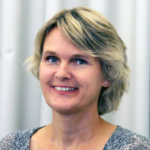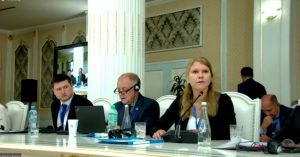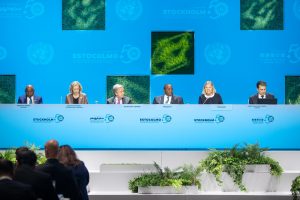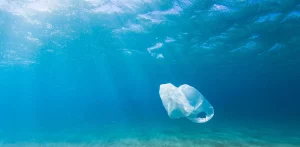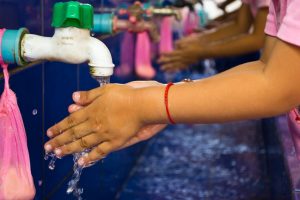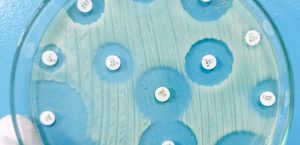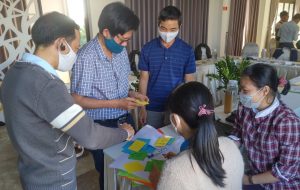- SIWI – Leading expert in water governance
- /
- Latest
- /
- How the RAMP platform can help save antibiotics
How the RAMP platform can help save antibiotics
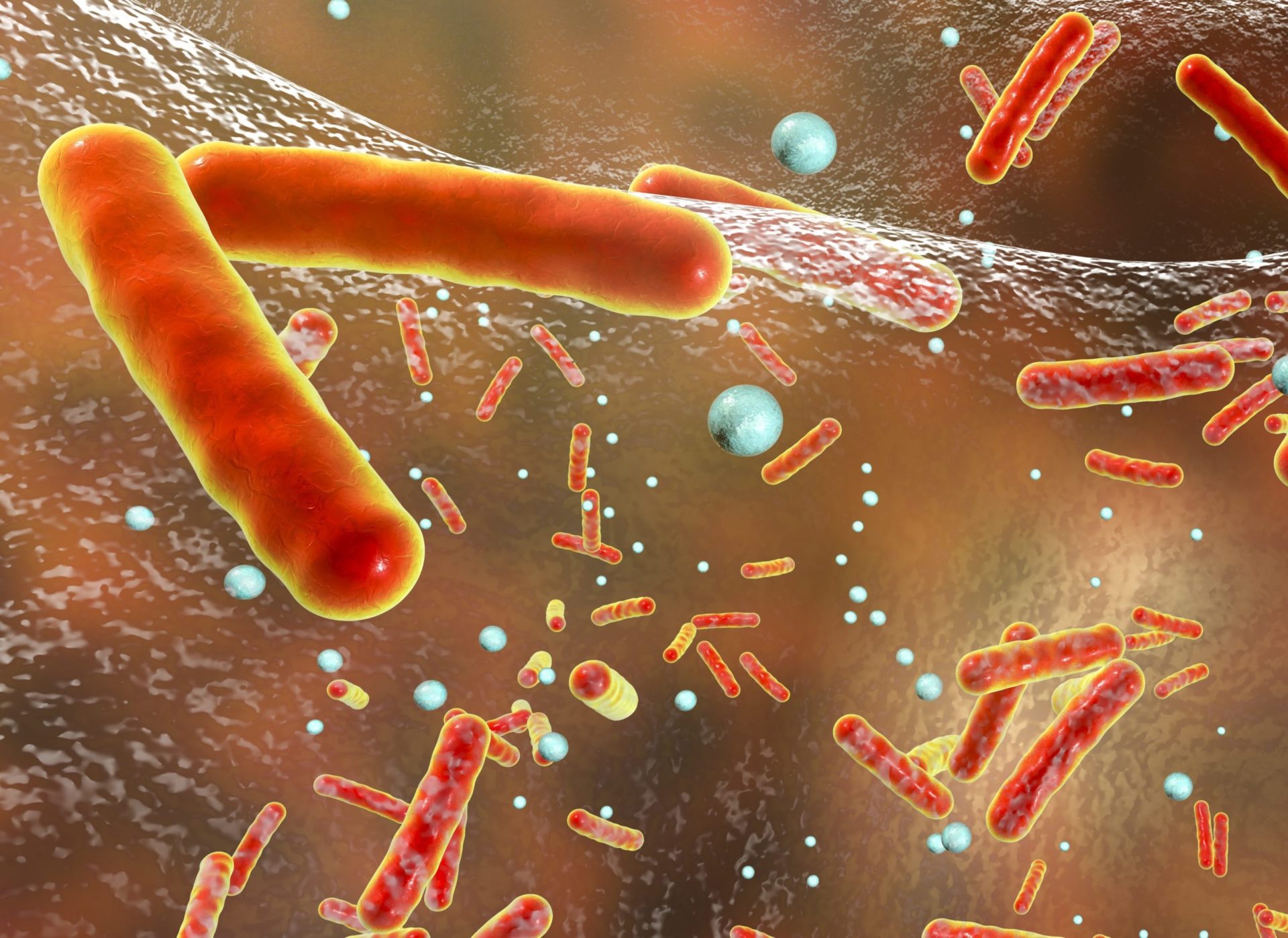 Antibiotic resistant bacteria inside a biofilm, 3D illustration. Biofilm is a community of bacteria where they aquire antibiotic resistance and communicate with each other by quorum sensing molecules
Antibiotic resistant bacteria inside a biofilm, 3D illustration. Biofilm is a community of bacteria where they aquire antibiotic resistance and communicate with each other by quorum sensing molecules This World Antibiotic Awareness Week, 18-24 November, there is great interest in SIWI’s new RAMP initiative. The programme manager Nicolai Schaaf answers three questions about why the platform’s approach is considered so promising.
What is the RAMP initiative?
The Responsible Antibiotics Manufacturing Platform, RAMP, was launched earlier this year as an alliance of pioneers to combat antimicrobial resistance (AMR). One of the drivers of AMR is pollution by antibiotics released into the environment from manufacturing. Our goal in RAMP is to reduce these emissions.
What is special about the platform is that it brings together actors from both the supply and the demand sides of the antibiotics market. Together they can create the business case for sustainable antibiotics manufacturing. This is actually quite revolutionary. Until now, there has not been a real demand for sustainably produced antibiotics since procurers seldom have enough information to be able to develop strict environmental criteria. And if there is no demand, companies will not shift to more sustainable practices. So, change must come from both sides at the same time.”
How much interest have you met so far?
“I am very encouraged by the interest we have met since RAMP was first presented in February 2020. Our original partners are the Swiss Agency for Development and Cooperation (SDC), Centrient Pharmaceuticals, GlaxoSmithKline (GSK) and Shawview Consulting, with the AMR Industry Alliance as a key technical advisor to the project. But we are now expanding our network in Europe as well as in low- and middle-income countries, working with the industry as much as with governments.
Ahead of World Antimicrobial Awareness Week, many people reached out to learn more about the role of pharmaceutical production, which until recently often tended to be overlooked in the debate about AMR. This week I wrote a guest article for the think tank CSE India, and have been invited to participate in an event with the AMR interest group in the European Parliament, at the Saving Lives Sustainably Global Forum and at the Swedish annual antibiotics forum. And the RAMP project is increasingly referred to as a game-changer, for example recently by the UK special envoy on AMR at the World Health Summit.”
Why is SIWI working so hard to combat AMR?
“SIWI was early in trying to find solutions to the problem of pharmaceutical residues in the environment, especially from production. For many years, we have worked closely with other pioneers such as UNDP, the AMR Industry Alliance and early adopters among regulators, procurers, and companies.
The issue of pharmaceutical emissions is intrinsically linked to many of SIWI’s focus areas. It of course demonstrates the need for improved water governance and better wastewater treatment. But it should also be addressed as a question of human rights since there is growing evidence of the harm done to people living near pharmaceutical hubs.
We must also not forget the best solution to the crisis facing antibiotics – to improve people’s health. The human rights to water, sanitation, health, and a healthy environment are closely related in this context, and water is an important connector. If industrial pollution stopped driving AMR and if more people had access to clean water and safely managed sanitation, there would be less need for antibiotics. This week, we mark not only World Antimicrobial Awareness Week but also World Toilet Day and there is an important link between the two. As expressed by the AMR coordinator at WHO during World Water Week 2018: “We will not solve the problem with AMR as long as we use antibiotics as a substitute for safe water”.

